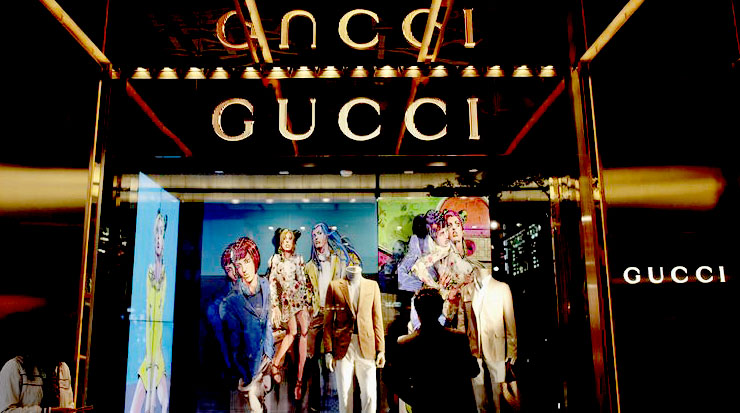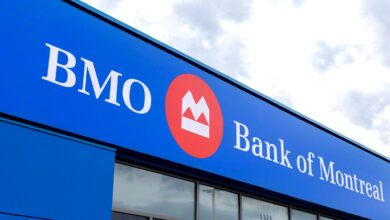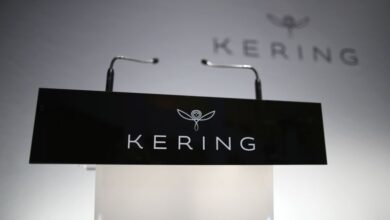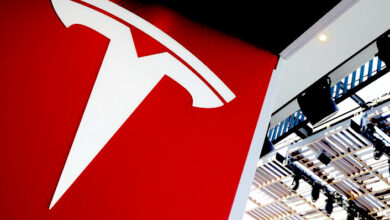Kering’s sales fell by 7% in Q4 because of Gucci’s fall.

PARIS (Reuters) -In the fourth quarter, sales at French luxury group Kering (EPA:PRTP) dropped by 7%. This was due to a drop in sales at its biggest brand, Gucci, which was caused by COVID-19 problems in China.
On a comparable basis, Gucci’s sales dropped 14% to 2.73 billion euros ($2.92 billion). This was worse than what analysts expected, which was a drop of 11%.
Analysts had predicted that the group’s same-store sales would drop by 3%.
Jean-Marc Duplaix, who is in charge of finance, said that Gucci’s performance in 2022 “did not meet our expectations.” He also said that the group was confident that it could turn the brand around in 2023.
Last November, Alessandro Michele, Gucci’s star designer, left the company. In January, the company announced that Sabato De Sarno, an unknown designer at rival Valentino, would be its new creative director.
De Sarno will show his first collection in September, which has led some experts to say that it will take him a while to make an impact on the brand.
Gucci, which makes up most of Kering’s sales and profits, has been losing steam over the past few years, falling behind competitors like Louis Vuitton and Hermes.
Gucci’s recurring operating income in 2022 stayed the same at 3.73 billion euros, while Yves Saint Laurent’s jumped 43% to over 1 billion euros. Both brands are owned by the same company, Kering.
After travel restrictions were lifted at the end of 2022, Duplaix said that the beginning of the year in China had been “very encouraging.” This gave the industry hope for a sharp rise in sales.
Lockdowns in China and the country’s move away from a “zero-COVID” policy, which led to an increase in infections in the world’s second-largest economy, have hurt the luxury sector.
So far, investors have shrugged off the fact that the Chinese industry hasn’t done as well as they had hoped. Instead, they are focusing on rising hopes for a strong comeback.
But the situation has been harder for Kering because Gucci, which makes most of its money there, depends on China more than its competitors.
During the pandemic, Gucci didn’t spend as much on marketing, while LVMH’s two biggest brands, Louis Vuitton and Dior, pushed ahead. Analysts say that gave them an advantage.
Duplaix stressed that Kering’s plans for Gucci were long term. He said that the company was putting a lot of effort into improving the quality of its retail network and re-evaluating its product line.
“We are sure that everything will work out,” he said.
The people in charge of Gucci are focusing on classic styles and higher-priced items, as well as stepping up marketing and making more collections.
($1 = 0.9339 euros)





